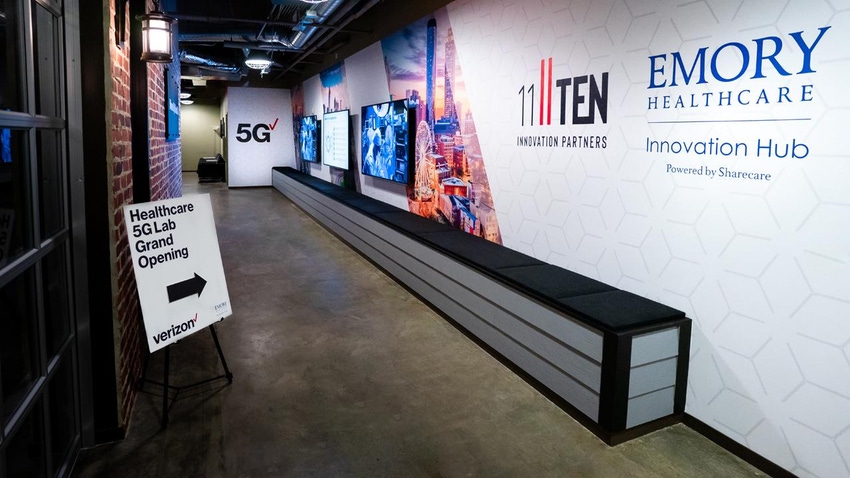Delivering 5G is the easy bit, figuring out how the telcos are going to make any real financial gains from it is the piece of the puzzle which is missing.
February 24, 2020

Delivering 5G is the easy bit, figuring out how the telcos are going to make any real financial gains from it is the piece of the puzzle which is missing.
In its pursuit of the much lauded 5G profits, Verizon has announced a partnership with Emory Healthcare, creating what it now claims is the first 5G healthcare innovation lab in the US.
“The potential of Verizon 5G Ultra Wideband combined with mobile edge computing to transform healthcare is limitless,” said Tami Erwin, CEO of Verizon Business Group.
“Which is why Verizon is partnering with Emory to explore the 5G future of patient care. With 5G, doctors should be able to do things like create holographic 3D anatomical renderings that can be studied from every angle and even projected onto the body in the OR to help guide surgery.”
In what now appears to be the greatest PR campaign of the 21st century, the world was told 5G was the only way forward and it would recapture the lost fortunes of yesteryear for the telcos. The reality is somewhat different however as many telcos are still questioning how they are going to generate any ROI from the next generation of mobile technology.
The silver bullet is as real as a sociopathic unicorn, and it does now appear the industry has a new reality to ponder; profit by a thousand usecases.
In its efforts to create value in the healthcare industry, the Emory Healthcare Innovation Hub (EHIH) will aim to transform this vertical through the marriage of super-fast speeds and ultra-low latency networks, with real-time data analytics to add some credibility to the blue-sky thinking ideas of robotic surgery, the connected ambulance and remote patient monitoring.
Realistically, there is a lot to gain in the healthcare industry. This is a vertical which is under financial and operational pressure, and in desperate need of new ideas. Should the clunky bureaucracy of healthcare administrators be able to offer technology a clear path forward, there is an opportunity to create a preventative healthcare mission and significantly realise efficiencies throughout the hospital.
While it might seem like an obvious statement to make, the challenge which the likes of Verizon and Emory Healthcare will face here is going to be cultural. Perfecting the technology is the easy part of the equation, but convincing traditional industry to disrupt themselves will be a monumental task.
About the Author(s)
You May Also Like








.png?width=300&auto=webp&quality=80&disable=upscale)


_1.jpg?width=300&auto=webp&quality=80&disable=upscale)


.png?width=800&auto=webp&quality=80&disable=upscale)